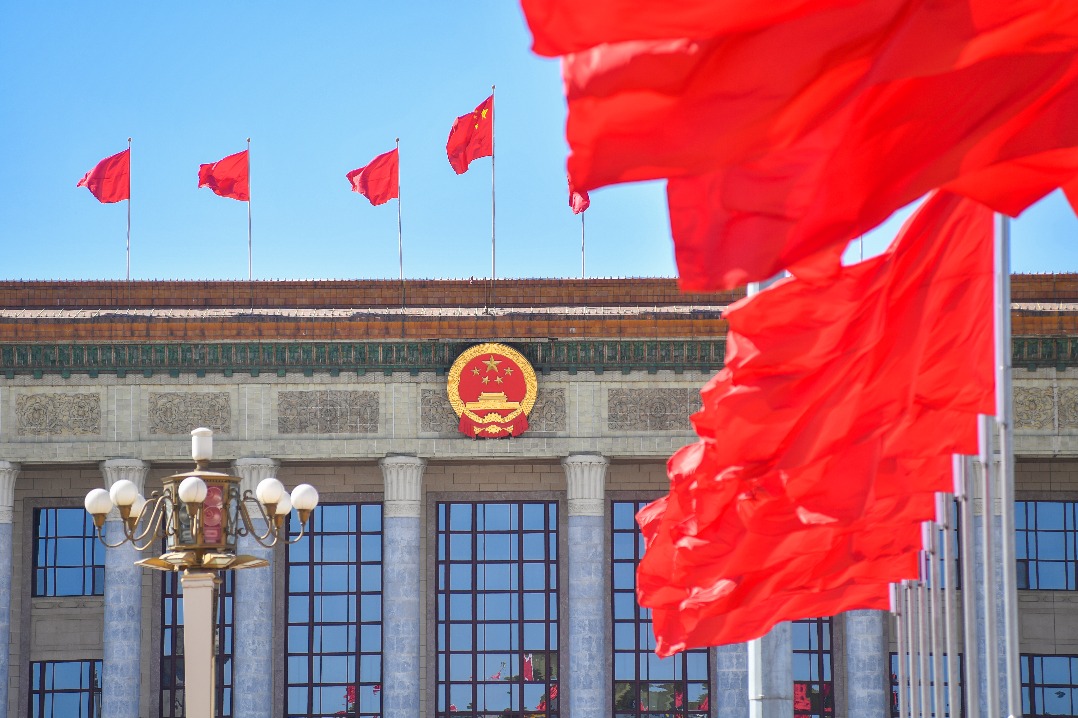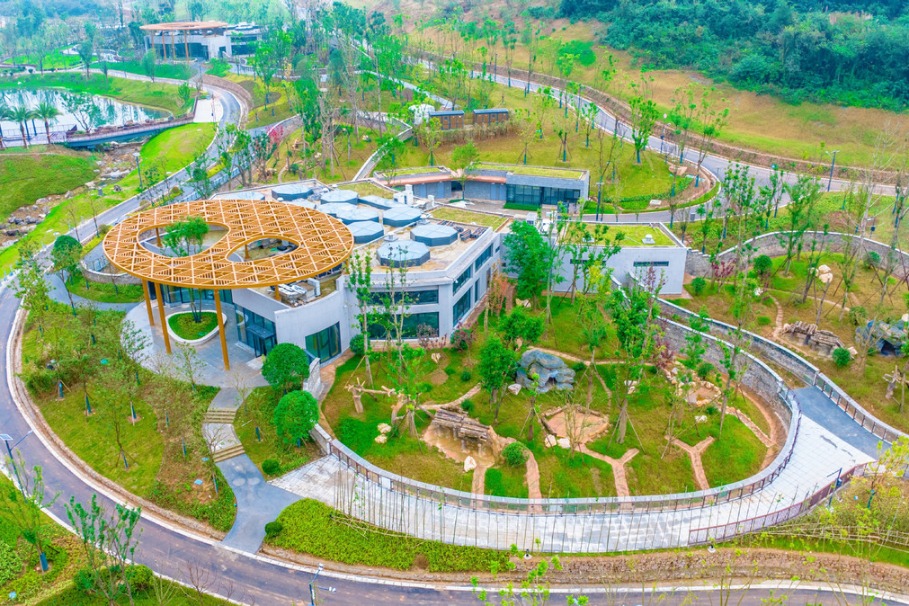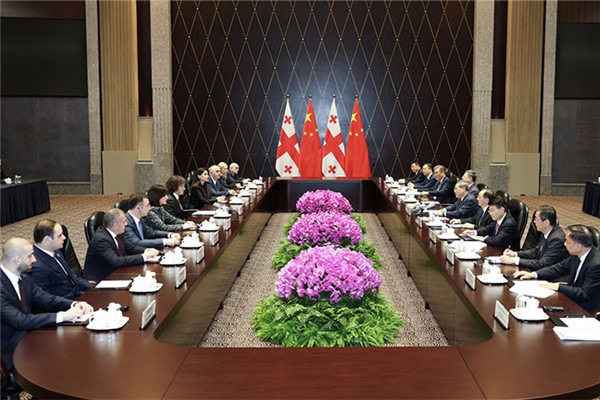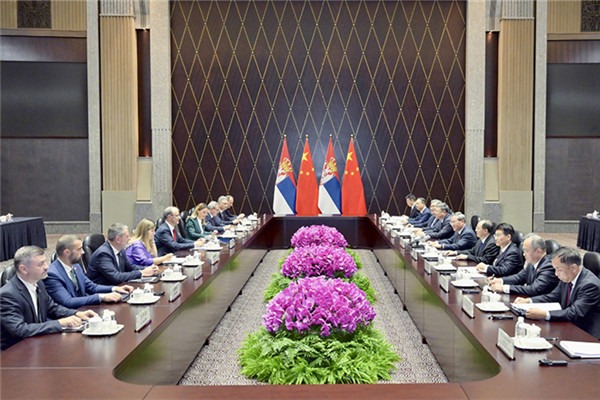Explainer: China's battle against poverty


BEIJING -- China has vowed to eliminate absolute poverty by the end of this year, 10 years ahead of the poverty-eradication schedule set by the United Nations 2030 Agenda for Sustainable Development.
As the clock ticks towards the deadline, what progress has China achieved? How is poverty defined? How is the country fulfilling this goal? What are the future challenges? Here are some explanations.
REMARKABLE PROGRESS
China has recently achieved the feat of removing all remaining counties from the country's poverty list.
Southwest China's Guizhou province announced last week that its last nine impoverished counties had been lifted out of absolute poverty, which means all registered impoverished counties in the world's most populous country have shaken off poverty.
Over the past 40-plus years of reform and opening-up, more than 700 million people in China have been lifted out of poverty, contributing more than 70 percent of the global reduction in poverty.
The country's success in poverty reduction has been complimented by UN Secretary-General Antonio Guterres, who called the achievements "very strong."
POVERTY STANDARD
Since the start of reform and opening-up in 1978, China has adjusted the standard for absolute poverty several times to keep it in line with the country's social and economic development.
The current rural poverty line is 2,300 yuan per person per year at the 2010 price level. The specific figure is subject to adjustment as the country's price levels change. In 2019, the poverty line was 3,218 yuan (about $490.61).
Considering factors such as purchasing power parity and China's urban-rural price gap, such a standard is higher than the World Bank's extreme-poverty benchmark of $1.9 per person per day, according to the National Bureau of Statistics.
China's poverty-eradication standard, in fact, cannot be defined by income numbers alone. Besides lifting annual income, the country's basic poverty-eradication campaign also helps to ensure that the poor have sufficient food and clothing, as well as access to compulsory education, basic medical services and safe housing.
- Xi exchanges congratulations with Samoa head of state over 50th anniversary of ties
- Key words from Party recommendations document
- Spokeswoman blasts DPP for its 'green terror' actions
- Sneak peek: Warm-up show for National Games opening
- Take pride in forging your own journey
- Milestone achieved in nuclear fusion tech




































